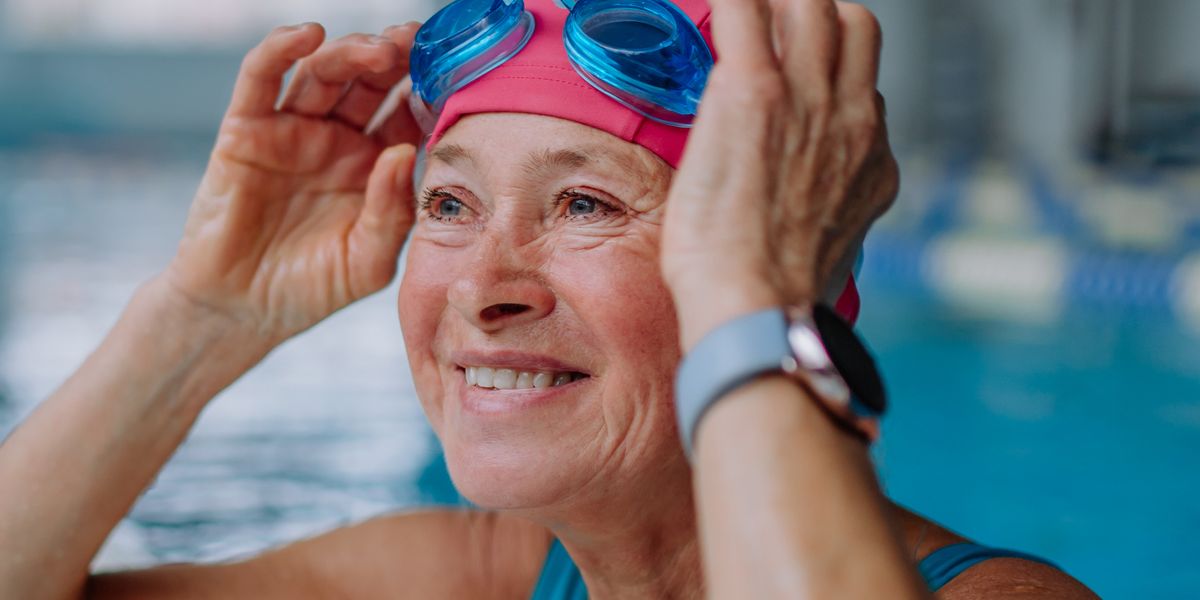Exercising underwater can help people lose half a stone in just 10 weeks, new evidence has revealed.
Adults saw their waist size reduce by three centimetres by frequently completing hour-long aqua exercise classes, including yoga, aerobics, zumba and water jogging.
This is because water adds extra resistance and increases the number of calories burned, leading to good weight loss results, according to the study.
In addition, the research has suggested that people living with obesity are less likely to injure their knees and ankles in the water because it reduces pressure on the joints.
- Weight Loss: How to Lose Weight and Keep It Off
- High intake of ultra-processed foods associated with lower grades in school
- Weight loss jabs associated with good cognition but poor kidney function
Scientists from Asia have found that water-based exercise classes are particularly beneficial for women aged 45 or older.
During the trial, they analysed the weight loss outcomes of nearly 300 overweight or obese participants from Malaysia, India, the Netherlands, the US and Brazil.
Each participant followed a water-based fitness plan, with programmes lasting between six and 12 weeks.
They had to complete two to three exercise classes a week, such as underwater treadmill training and aqua zumba.
According to the study, underwater exercise helped the participants lose an average of 2kg of weight in less than 10 weeks.
This increased to an average weight loss of 3kg after 10 weeks or more, the findings have reported.
Prior research has revealed that water-based exercise also decreased people’s heart rate and reduced their body fat.
Almost 44 million people living in the UK are classed as overweight, with the number set to rise significantly by 2025, the NHS has reported.
The Government recommend that people should do at least 150 minutes of moderate activity per week.
However, three quarters of people living in the UK fail to meet this target.
“The findings offered evidence that water-based fitness is an effective intervention for reducing body weight and central obesity,” said the authors.
Senior author Dr Jongchul Park said: “Further research, looking at a larger population group, is needed to confirm that underwater exercise is superior to that done on dry land.”









